Thanks very much to Chris Pitchford for guesting on my blog today. Chris and I go back a few years, originally meeting in 2012 at the Rocky Mountain Fiction Writers Conference in Denver. It was a wonderful conference, of course made even better by making new writing buddies! Chris has some great info to share on crowdfunding novels as an indie author. Read on.
* * *
Thanks to the wonderful hostess with the mostest, Tammy Salyer, for graciously allowing me to unceremoniously scribble all over her blog. And thanks also to you, dear reader! For what? Read on and find out!
But first I’m going to tell you how this is going to work.You see, a year ago I self-published the first book in my historical fantasy series, The Agility of Clouds. And I was desperate. I had no experience—and worse—no idea how I going to market my darling story of the time-slipping Marchioness of Cambridgeshire.So I tried something new (to me): crowdsourcing the marketing at this site called ‘Kickstarter.’ I signed up, created a project along with a video and—not to put too fine a point on it—went crazy launching my book. The result is still available here.Kickstarter is home to all sorts of projects. And, like the name implies, starts the ball rolling in terms of funding and marketing of said projects, games, books, movies, even 3D printing pens (whatever those are). Funding is used for manufacturing, printing, distribution and postage among other things—but not, apparently, living expenses (as seen here).By now you have probably gotten so over the whole Kickstarter thing (captured in the spirit of the times in this ancient Gawker blog post).But let’s move past the parentheticals and talk about me. Specifically, I had already written a novel. It was done. The illustrator illustrated and the editor edited, and they—along with Bowker and the Library of Congress—had all been paid. I formatted the work, wrapped it up in a pretty cover and even got a wonderful blurb from a lovely and talented author. Because it was all done, I didn’t need a starter, but I wanted—desperately, remember—to crowdsource the marketing. I needed to get new ideas, and sought the wisdom of the crowd to learn where I should focus my limited advertising budget.And by that criteria, I failed utterly.Oh, sure. The modest Kickstarter—or, kicklauncher, as I called it—was successfully funded. But no one knows how to independently market new books online. I’m sure you know, regardless of which market, that the fundamentals still and probably always will apply. ‘Word of mouth’ advertising is king and queen; you must keep on your toes by networking; and, my favorite of all fundamentals is pure marketingsauce, ‘fake it ’til you make it.’ But in my Kickstarter, there was no magic or special sauce, and the pursuit of online Virality™ is both ongoing and a neologism.Before I write another word about crowdfunding I must warn you—money is involved. I know. The jaded intelligentsia can just skip this paragraph, of course. For the rest of us? Please don’t do anything online you don’t feel comfortable doing. Also, educate yourself! There are some terrible ideas out there—if someone is promising something that breaks the laws of physics, it’s probably a scam. I mean, I can break the laws of physics all the time—in my stories when I’m writing, that is. But here are some of the worst ideas. (For an overview of criticism about the Kickstarter concept, check out this.)Do you see where I’m going with this? Because I’m a writer, and therefore by definition, a glutton for punishment, I’m doing it all again. I’m crowdfunding my newest book, an adult sci-fi novel where an asteroid miner survives galactic civil war using the life lessons of politically incorrect comic characters, Gung Ho and Little Pluck.But this one’s different. And by different I don’t mean just a different genre and style. I’m trying a site called Inkshares, which does more than just funnel money (although I suppose it does that, too). The website only supports projects that result in books, and actually publishes projects that are successfully funded. I created a project and entered it into The Nerdist Collection Competition, where the top five projects—ranked by number of pre-orders—will be published whether they are funded successfully or not.Here’s the link and I want to thank you for reading, and for checking out my latest attempt at marketing! See? This is how crowdsourcing works—I think. Let me know in the comments below!About the author: C. J. Pitchford (go ahead and call him ‘Chris’—just don’t call him during dinner, it’s a blood sugar thing) lives in Denver, Colorado and once tried to save the world using an almost magical ability to program computers, phones and tablets. He is also the author of the paranormal historical fantasy series, THE HELLEBORINE CHRONICLES, available on Amazon and iTunes.
Enjoy what you've seen so far? Bonus snark goes out to my newsletter tribe. Join to get novel news, including the first look at new stories, and invitations to contests and giveaways.

